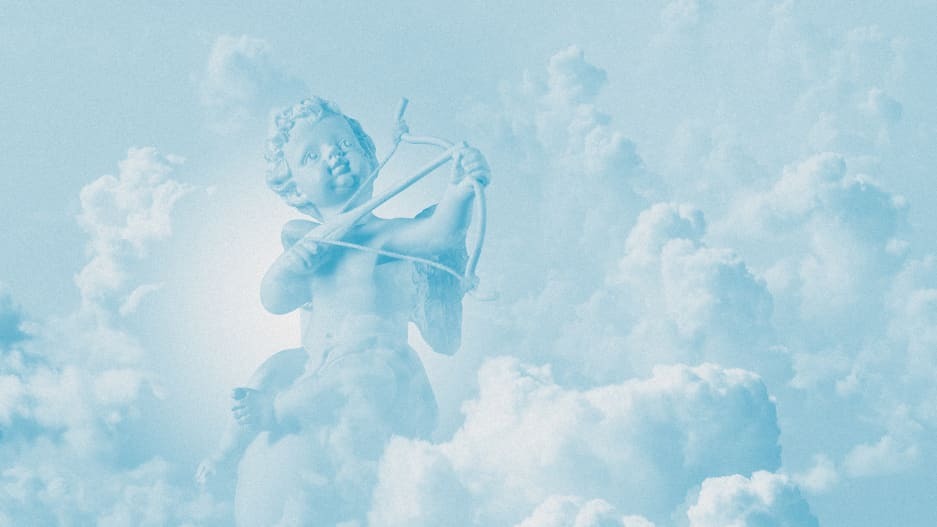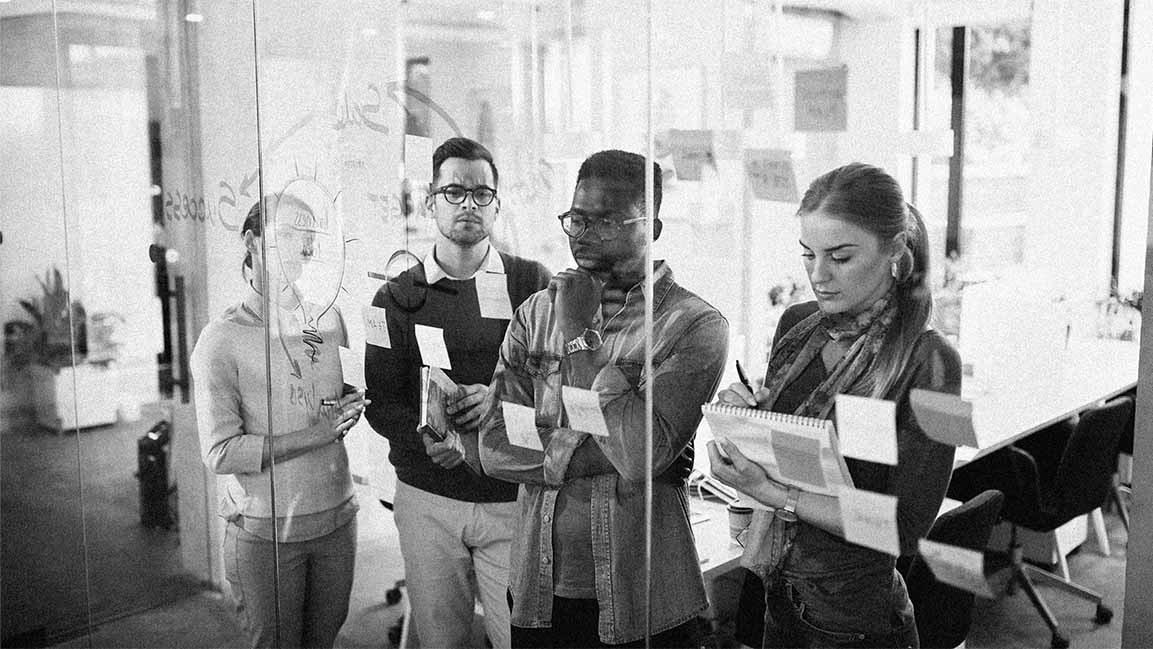- | 9:00 am
How not to let dreams sabotage your real-life success
Stay focused on the goals that will contribute to enduring happiness and you won’t waste your life chasing impossible dreams.

Have you ever found yourself immersed in the throes of infatuation? Do you remember how it felt to be targeted by Cupid, the cherubic god of love who aims at our hearts with his arrows of romantic fascination?
We may have pondered the incongruity of love and intimacy being shot violently into our hearts. But there’s another peculiarity we might not have noticed, one found in a modern linguistic derivation of the ancient deity, which is our current entry into the Ethical Lexicon:
Cupidity (cu·pid·i·ty/ kyoo-pid-i-tee) noun
An inordinate desire for wealth: avarice, greed
At first blush, love, and greed have little to do with one another. One is the most exalted of all human emotions; the other ranks number three of the seven deadly sins.
With a bit more thought, however, the connection appears obvious. Both are functions of desire. This is why they have become perhaps the two most-popular destinations on the road many travel in pursuit of happiness.
Happiness itself is a conundrum, considering that the more we pursue it, the more it proves elusive. On one episode of my podcast, I waxed philosophical about happiness as the natural outcome of living a meaningful life, suggesting that a sense of purpose is the source of true and enduring joy.
My guest, retired Army Ranger Lieutenant Colonel JC Glick, pushed back, arguing that a misguided sense of purpose produces no genuine happiness. He argued that the real source of happiness is connection.
I countered that we were really both saying the same thing. Purpose is fundamentally our desire to connect with an object, person, or ideal of true worth. From this perspective, purpose and connection are ultimately the same. Both can be well-directed; both can be misguided.
And that brings us back to love and greed. The desire for wealth is driven by the desire for power: to buy what we want, do what we want, and exert mastery over our own fate and the fate of others.
That impulse can be directed for good when influenced by a beneficent sense of purpose. But it becomes malevolent when driven by the desperate urge to fill a void in our hearts that comes from a lack of authentic purpose or connection.
The healthy, wholesome love of romantic partners provides a compelling model for any community. Leaders who project a sense of higher purpose by creating an ethics-based culture earn the trust, loyalty, and commitment of their followers around which they can build a successful enterprise.
But when their ultimate purpose is solely the acquisition of money or power, they come to see people as assets rather than allies, as peons rather than partners. Inevitably, the culture turns toxic, and short-term gains are swept away by long-term failure.
There’s nothing wrong with desiring wealth and influence. But greed is typically a manifestation of the ego, wanting more than we need and feeling perpetually dissatisfied with what we have. The same kind of cupidity that distorts love into lust can drive an unreasoning, insatiable appetite for money and things, where each conquest contributes to a lifetime of unfulfilled longing.
This is precisely what King Solomon understood when he observed: “No person dies with even half his heart’s desires fulfilled.” The sages expanded on the idea and taught: One who acquires a hundred immediately wants two hundred; having acquired two hundred, he wants four hundred.
This means, paradoxically, that the less we desire, the more content we will be. Which is also the message of the timeless tale of the fisherman and the investment banker. If you know it, you won’t mind revisiting it here.
As a businessman on vacation strolled along a weather-worn pier late one morning, he saw a local fisherman pulling in two large yellowfin tuna from his small, wooden boat.
“Those are impressive fish,” the banker commented. “How long did it take you to catch them?”
“Not long,” the fisherman replied. “I sleep late each morning, go out in my boat, catch two fish to feed my family, then come home.”
“What will you do with the rest of your day?” the businessman asked.
The fisherman smiled. “I chat with my wife, play with my children, take a siesta in the afternoon, then go down to the local tavern where I sip wine and play guitar with my friends.”
The businessman was mystified. “Why don’t you go back out to catch more fish?”
“Why should I?” asked the fisherman.
“Because then you could sell them for money,” replied the businessman.
“What would I do with the money?”
“You could buy a bigger boat.”
“Why do I need a bigger boat?”
“Because then you could hire fishermen to go out with you and multiply your catch. Eventually, you could buy a fleet of boats, a cannery to process the fish, and a distribution company to deliver them to markets all over the world. You could make a fortune.”
“And what would I do then?” asked the fisherman.
“Then,” explained the businessman, “you would be able to retire and spend the days chatting with your wife, playing with your children, sleeping in the afternoon, and sipping wine in the evenings while playing guitar with your friends in the local tavern.”
There are few things sadder than toiling away to get what we already have and losing it all in the process. That’s what happened to a neighbor of mine who started selling paper goods out of her basement. The business blossomed and she became hugely successful. Sometime later, she told me she had gone bust.
“What happened?” I asked.
“Pure ego,” she told me. “I thought I could be another Walmart. I expanded too fast, couldn’t keep up, and lost everything.”
In contrast, consider soccer superstar Lionel Messi, who turned down a contract with Saudi Arabia worth 10 times what he’ll received playing for Miami. “I’m at a point where I want to step out of the spotlight a bit, think more about my family,” he explained. If the Argentine soccer legend’s spouse and children are worth more than a billion euros, aren’t yours?
When Cupid pricks our hearts and opens our eyes to true love, life couldn’t be sweeter. When cupidity inflames our desire for more and more, everything in life turns bitter.
Stay focused on the goals that will contribute to enduring happiness and you won’t waste your life chasing impossible dreams . . . or, even worse, realize those dreams that will cost you far more than they could ever be worth.








































